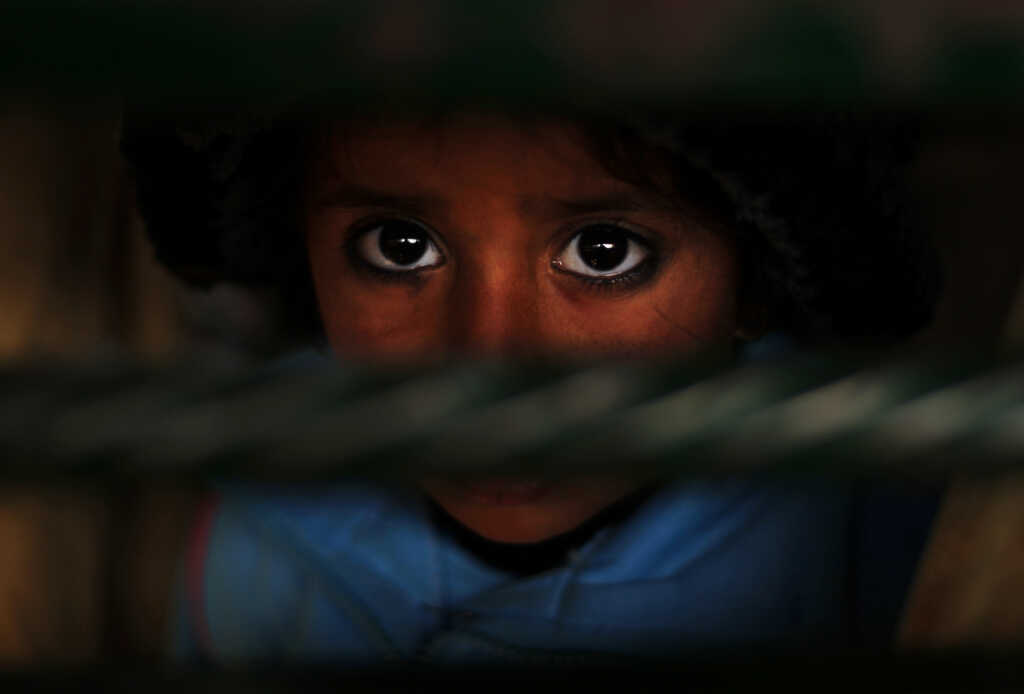A California assemblyman is speaking out after a bill seeking to strengthen human trafficking laws was briefly stalled by his peers, expressing dismay over the entire ordeal.
Listen to the latest episode of CBN’s Quick Start podcast 👇
Assemblyman Tom Lackey told CBN’s Faithwire how the Assembly Public Safety Committee initially refused to pass Senate Bill 14 — a measure classifying child sex trafficking as a serious felony — before holding an emergency meeting and advancing the measure.
“This is a Senate bill, so it first was voted on on the Senate side, which is not a bastion for conservatism by the way — just the opposite,” he said. “It’s very hard left thinking.”
Initially, Lackey said the bill addressed trafficking more generally, but it was then narrowed down to specifically combat sex trafficking. Labeling this form of trafficking as a “serious felony,” he said, is important, as the state has a “three strikes” statute.
“When you have three strikes or three serious felonies, you have life imprisonment,” Lackey said. “And so that’s why there’s such strong consideration to the term ‘serious felony,’ because it makes you eligible for this type of punishment — a lifetime of punishment.”
When the bill came up in the committee, though, all six Democrats refused to support the measure. This shocked some onlookers and became a national story, as the bill passed the Senate unanimously earlier this year.
But amid public dismay, California Gov. Gavin Newsom, a Democrat, joined Republicans in supporting the measure and it was revived. In a new vote held last Thursday, the measure passed 6-0, though two Democrats didn’t vote in that second effort.
Lackey, who voted “yes” during the initial discussion, said the bill “targets people who are non-compliant and committing a very serious offense against society.” And he expressed dismay over any opposition to its contents.
“Can you get more egregious than sex trafficking?” he said. “Not just having sex, but sex trafficking a child? What in the world justified standing in the way of such reasonable consideration?”
Some might join in his questioning what drove the hesitance to pass the bill to the next phase. Some Democrats on the committee worried the effort would inadvertently criminalize trafficking victims. There were also concerns over increasing prison sentences over the contention doing so isn’t an effective crime deterrent.
“Their argument is that stronger penalties doesn’t do anything in the way of reformation and get people to change,” Lackey said. “But what it does do and what they don’t address is it holds people accountable for serious offenses … it’s part of the accountability process; victims get completely forgotten in their minds. Victims become irrelevant and the focus becomes entirely on the offender and that’s not justice.”
The politician said he has been on the Assembly Public Safety Committee for nine years and this “kind of absurdity” is “not unusual.” As for the reversal and passage, he believes it’s rooted in public pressure and negative news attention.
“The only reason why they reversed this [is] because it got so much attention and had the governor’s attention,” Lackey said.
Watch the interview for more on the story, including where the bill heads next.
***As the number of voices facing big-tech censorship continues to grow, please sign up for Faithwire’s daily newsletter and download the CBN News app, developed by our parent company, to stay up-to-date with the latest news from a distinctly Christian perspective.***



